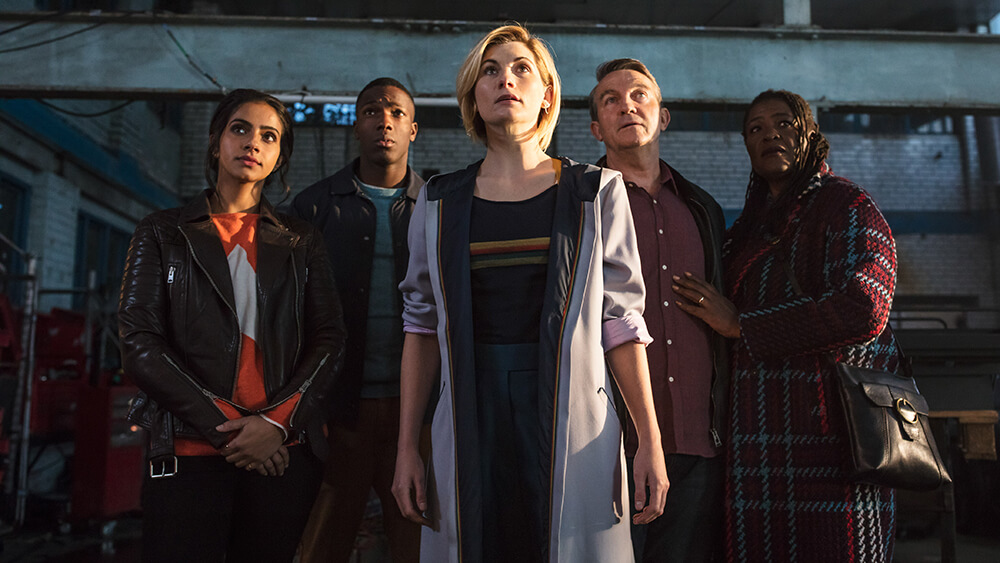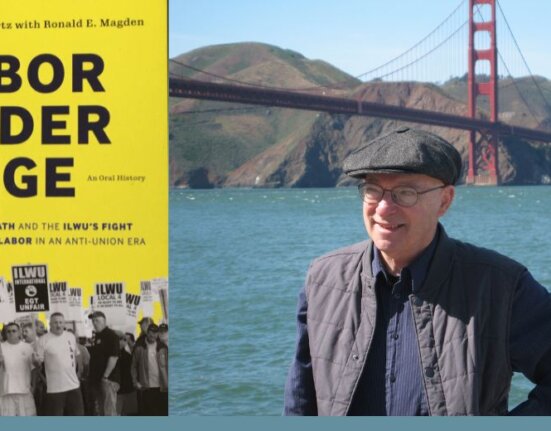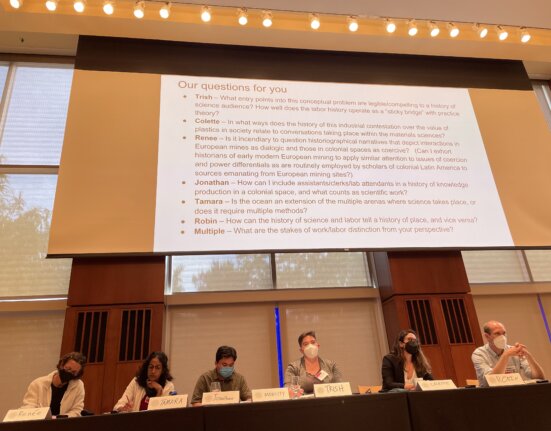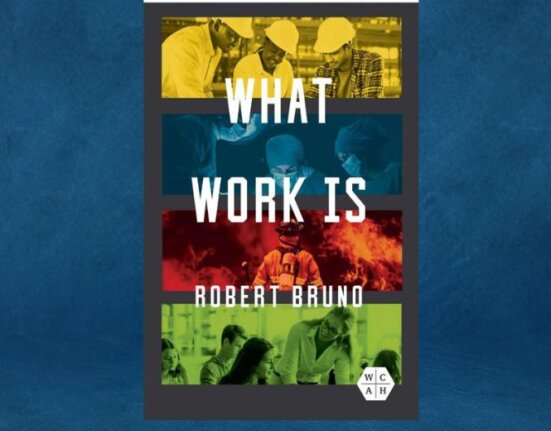The new season of British Sci-Fi show, Doctor Who has created a buzz due to the casting of a woman to play the Doctor for the first time in the show’s fifty-five-year history. I’ve been a life-long fan – the show first aired five years before I was born, and I don’t know a world without the Doctor and the Tardis. I have followed the Doctor through multiple regenerations and enjoyed all the stories despite the show’s middle-class sensibilities.
The Doctor is an alien Time Lord, and as a young viewer I accepted the implied superiority that came with this title. A Lord was elite, aristocratic, and for me as a working-class girl, this already made them special and other-worldly. The actors who played the role during the classic era of the show, lived up to this suggestion of upper classness. My favourite Doctor from the 1970s (the fourth Doctor) was played by Tom Baker, and despite the actor’s working-class origins, his character spoke with a ‘posh’ accent and displayed the airs of a middle-class person. Subsequent Doctors maintained this sense of class superiority through their accents and/or their costume. The Doctor’s class has usually been highlighted by their interactions with the companions who have shared their adventures through time and space. These companions, even when treated with fondness by the Doctor, were generally portrayed as inferior in intellect and lacking the cultural capital displayed by the ancient wandering alien.
The class dynamic of the show changed in 2005, when the series was rebooted after a sixteen-year hiatus. The ninth Doctor was played by Christopher Eccleston, an actor who often comments on his working-class background and the obstacles faced by working-class actors. Eccleston’s Doctor spoke in a working-class regional accent, and his companion, Rose (Billie Piper), was a working-class girl who lived in public housing. The tenth, eleventh, and twelfth Doctors reverted back to middle-class characteristics, although some of the companions were working-class. Recent companions, such as Bill Potts (Pearl Mackie) were working-class. In series ten, Potts, who was introduced as a cafeteria worker, is mentored, Educating Rita style, by the Doctor (Peter Capaldi). But, through most of the series, the companions seem inferior to the Doctor in terms of intellect and cultural capital. As a working-class viewer, I was used to the lack of working-class representation on screen, and I enjoyed the show regardless. A fan can be very forgiving.
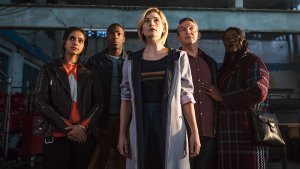
CREDIT: BBC STUDIOS 2018
The new series seems to offer something quite different. The latest regeneration of the Doctor – the thirteenth – is played by Jodie Whittaker, an actor already well known to British television viewers. The new Doctor is a welcome change, not just because the character is now played by a woman, but because Whittaker seems to be playing the Doctor as working-class. Whittaker uses her own regional working-class accent (Yorkshire) in her portrayal, and the first episode suggests a distinct shift from the middle-class superiority of the majority of her predecessors. The new incarnation comes across as no nonsense, practical, and collaborative. In the first episode she works as a team with four locals – all working-class – in an effort to save a man (also working-class) from a hostile alien. The locals include bus driver Graham O’Brien (Bradley Walsh) nurse Grace (Sharon D. Clarke), warehouse worker Ryan Sinclair (Tosin Cole), trainee police officer Yasmin Khan (Mandip Gill), and crane operator Karl (Johnny Dixon). They have working-class accents, and they are diverse in terms of gender, race and age. They are representative.
For me, the gender of the Doctor’s physical form was secondary to the shift in the class consciousness of the show. The working-class companions worked together to defeat the threat – they cooperated with each other. They used their initiative and came up with their own ideas; they didn’t just wait for the Doctor to tell them what to do. They displayed working-class ingenuity and resourcefulness, and they demonstrated how working-class networks operate as they tapped into their networks to gather intelligence on the threat at hand.
Representation matters. For new and loyal fans in Britain and around the world, Doctor Who’s new inclusive approach could make a big difference. The series could show that working-class people can be brilliant physicists, engineers, pilots, historians, diplomats – roles that the Doctor often takes on. It can also show that working-class people like bus drivers and warehouse workers have agency and multiple skills that are effective, not only in the everyday, but also in times of crisis.
I’ve always loved Doctor Who, regardless of the characterisation, but now there’s an opportunity for someone with a working-class background to actually identify with the Doctor and her companions. This is a step towards addressing the lack of working-class representation on screen, and I’m hoping the rest of the season will continue with its celebration of working-class life. I’ll be watching the new season with interest.


